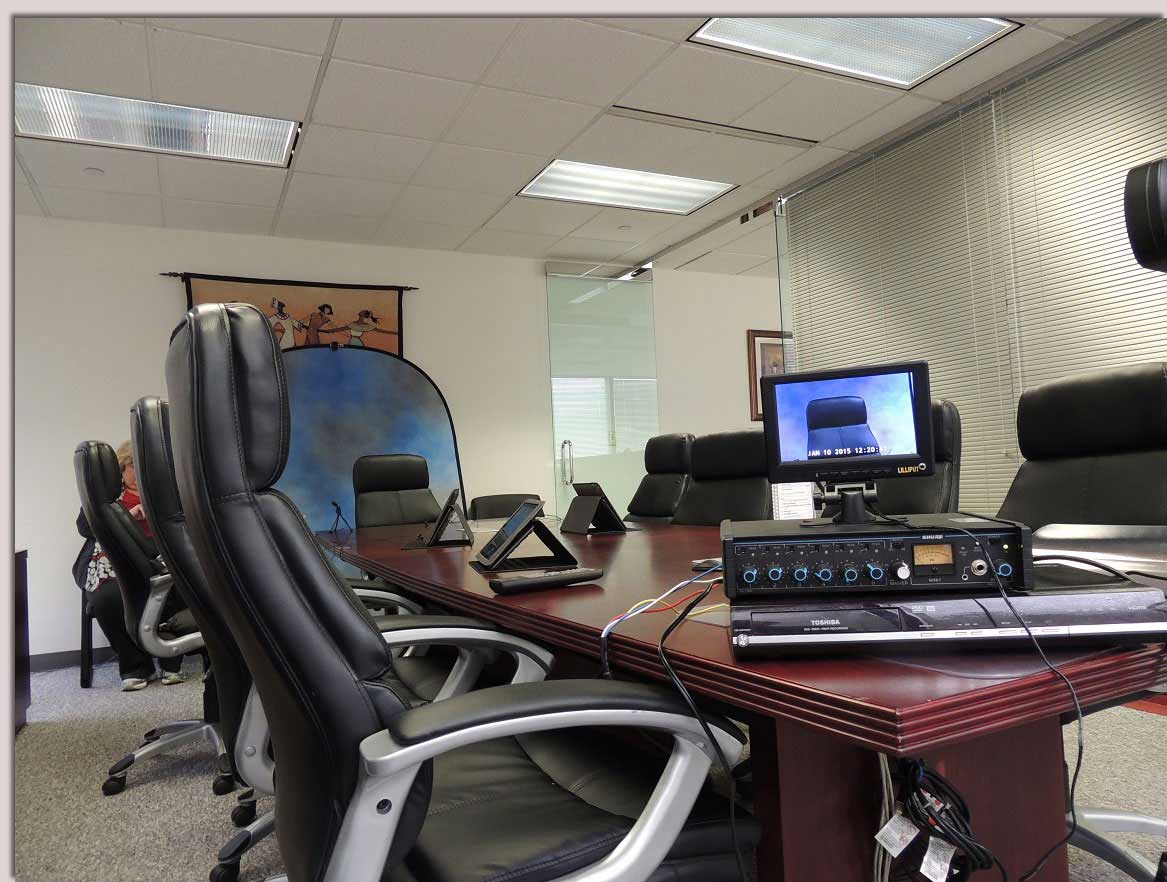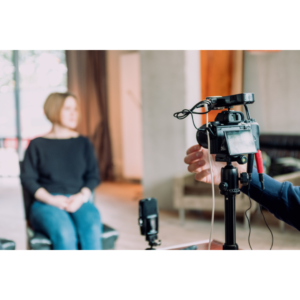Precision-Based Legal Videography for Trial Success.
The Function of Lawful Videography in Depositions and Trials
Legal videography has arised as an essential tool in both depositions and tests, giving a complex technique to recording witness statements. As lawful specialists increasingly identify its worth, it triggers a deeper examination of how these aesthetic documents can influence juror perceptions and test end results.
Value of Legal Videography
Lawful videography plays a crucial function in the paperwork and presentation of depositions and tests. This specific field combines technological skills with legal expertise to produce a dependable record of process that can substantially influence instance results. The appearance of legal videography boosts the understanding of witness statement, permitting jurors and courts to observe not just the spoken words but also the demeanor, feelings, and body movement of the witnesses.

The significance of legal videography expands past the court; it also plays a crucial role in preserving proof for future recommendation, whether for appeals or further legal activity. Its assimilation into the lawful process is important for making certain a fair and exact representation of the realities, eventually contributing to the quest of justice.

Refine of Legal Videography
While recording the nuances of depositions and trials, the procedure of lawful videography involves a number of important actions that guarantee top notch, exact recordings. Initially, an expert lawful videographer prepares by assessing the case materials and comprehending the certain needs of the deposition or test. This prep work consists of familiarizing themselves with the participants and the context, which aids in capturing important information.
On the day of the recording, the videographer establishes the necessary equipment, which generally includes high-definition video cameras, microphones, and appropriate illumination. Making sure ideal angles and sound high quality is important, as it directly impacts the effectiveness of the recording. The videographer communicates with attorneys and participants to develop methods, making certain that everybody comprehends the recording process.
During the deposition or test, the videographer diligently videotapes the process, paying very close attention to both verbal and non-verbal cues. legal videography. This includes catching the attitude and responses of witnesses and lawyers. After the session concludes, the videographer might modify the video footage for clarity and conformity with lawful requirements, producing an end product that accurately reflects the process for future recommendation and use in lawful contexts
Advantages in Depositions
The incorporation of videography in depositions supplies many advantages that enhance the overall process of collecting evidence. One primary advantage is the capability to record witness statements with visual and acoustic integrity, providing an extra precise depiction of the witness's behavior, tone, and body language. This multidimensional strategy enables lawyers and juries to examine integrity a lot more successfully than standard written records alone.
Furthermore, videographed depositions offer as a powerful tool for maintaining statement. Needs to a witness ended up being inaccessible for trial, their taped deposition can be played in court, guaranteeing that their proof remains easily accessible and relevant. This element significantly minimizes the threat of losing vital information that might influence case results.
In addition, using legal videography advertises far better preparation for attorneys. Examining video clip footage allows legal teams to examine and improve their techniques, determining toughness and weak points in their cases. This preparatory advantage can cause even more engaging discussions in court.
Lastly, videography enhances the overall expertise of the deposition procedure, instilling confidence in clients concerning the thoroughness of their legal representation. By leveraging innovation, lawful experts can substantially boost the performance of depositions.
Effect On Tests
In many trials, the integration of videography can significantly influence the presentation of evidence and the court's assumption. Lawful videography records witness testaments and critical evidence in a dynamic style, enabling jurors to engage with the material on multiple levels. This visual component enhances the storytelling facet of a test, supplying context and psychological resonance that conventional text-based evidence might do not have.
Moreover, video recordings can act as effective tools for impeachment during interrogation. When disparities emerge between a witness's prior statements and their courtroom testimony, video clip evidence offers an unbiased referral that can persuade jurors' viewpoints. This immediacy and clarity can strengthen the reputation of a celebration's narrative while simultaneously threatening opposing disagreements.
Additionally, using videography can help improve complicated info, making click here for info it much more easily accessible to jurors that might struggle to realize complex details provided entirely with verbal testimony. By combining visuals with auditory information, legal videography can enhance retention and understanding, inevitably influencing the court's additional resources decision-making procedure. The influence of videography in tests prolongs beyond simple aesthetics; it plays a vital role in shaping the lawful landscape and outcomes.
Future Trends in Legal Videography
As we look toward the future of lawful videography, several emerging fads promise to reshape its role within the court room. One substantial pattern is the assimilation of expert system (AI) in video clip analysis and modifying - legal videography. AI can simplify the process of recognizing crucial moments in videotaped depositions, permitting lawyers to quickly access appropriate material, therefore enhancing efficiency in situation prep work
In addition, the surge of virtual reality (VIRTUAL REALITY) and enhanced reality (AR) innovations is expected to change how jurors experience proof. By immersing jurors in a substitute setting, these you could try here modern technologies can provide a more profound understanding of complex scenarios, resulting in even more educated considerations.

Furthermore, the raising demand for remote depositions, sped up by the COVID-19 pandemic, will likely proceed. Legal videographers will require to adjust to brand-new software application and platforms to guarantee premium recordings in online settings.
Lastly, the expanding focus on data safety and security will demand more stringent procedures for keeping and sharing video evidence. As the lawful landscape progresses, legal videographers should stay abreast of these fads to preserve their significance and effectiveness in the judicial process.

Final Thought
In recap, lawful videography serves an important feature in the judicial procedure, enhancing the stability of depositions and trials. As modern technology proceeds to evolve, legal videography is positioned to further transform its function within the lawful landscape.